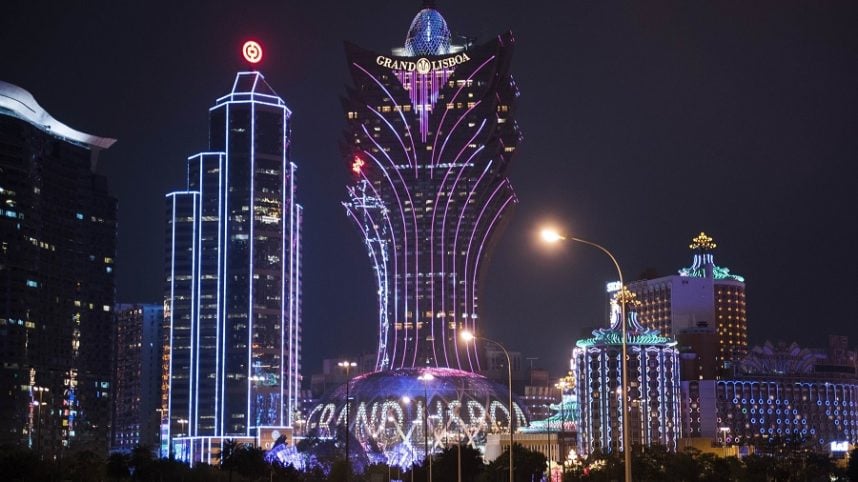Macau’s government has announced it has revised its Law on Safeguarding National Security as it “faces new adverse challenges … risks, and threats.”

Officials didn’t specify the nature of these threats. It was up to Chinese state media to elaborate, reporting they related to espionage, foreign interference, and Taiwan independence supporters. The new rules also broaden the definition of crimes like supporting insurrection, according to The Global Times, which is published by China’s ruling Communist Party.
The news has sparked concerns that Beijing is intent on curbing the civil liberties and high degree of autonomy Macau has largely enjoyed under China’s “One Country, Two Systems” policy.
Riots in Hong Kong
Macau and Hong Kong were both ceded back to China from their former colonial masters, respectively Portugal and Great Britain, at the end of the last century. As part of the deal, the two regions were promised they would be allowed to retain their political autonomy and liberal economic system for at least 50 years.
In 2019, a bill proposed by the pro-Beijing government in Hong Kong would have allowed local authorities to extradite “fugitives” to mainland China without legislative oversight. The proposal prompted waves of violent protests by pro-democracy movements. But residents of Macau appear to be less resistant to Beijing’s intrusion on its autonomy.
Reuters reports the inclusion of the phrase “foreign influence” among Macau’s legal revisions is ominous, since it is now broadly applied in Hong Kong to “include any contact with a foreign political or civil rights entity.”
Macau’s apparent acceptance of Beijing is probably down to its population makeup. More than half of its 686,607 citizens have immigrated from China over the past few decades, making it easier for people to tow the party line. In contrast, most of Hong Kong’s population was born and brought up in a liberal, free-market democracy.
Dependent on Beijing
Macau is now one of the most densely populated regions in the world. It has little arable land and few natural resources, making it dependent on China for most of its energy, food, and fresh water.
Thanks to its casino industry, it also has the second-highest GDP per capita in the world. And as long as the casinos are attracting customers from the mainland, people appear willing to accept Beijing’s creeping political control.
The industry suffered badly during the pandemic when Beijing’s strict “Zero Covid” policy all but closed Macau to mainland and international visitors.
Now, with the lifting of restrictions and resumption of international travel, Macau has regained its status as the world’s biggest gambling hub, overtaking Las Vegas for gross gaming revenue in the first quarter.
Macau is back in business, and the mass market has returned from the mainland, which makes it an opportune time to tweak its national security laws to suit the politburo in Beijing.
The post Macau: New Laws Spark Concerns of Creeping Beijing Control appeared first on Casino.org.


